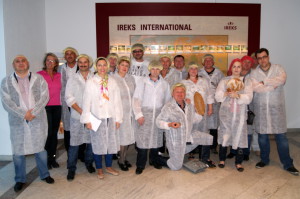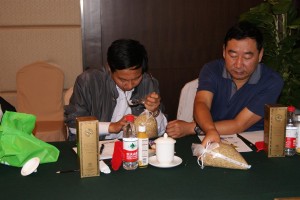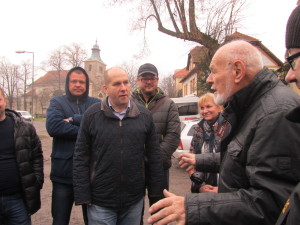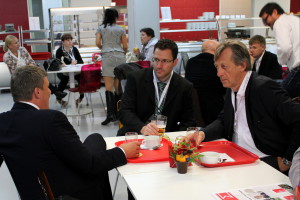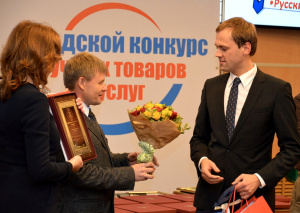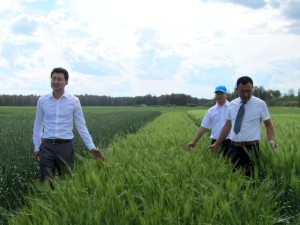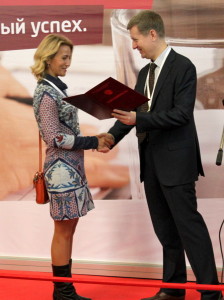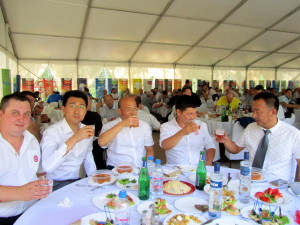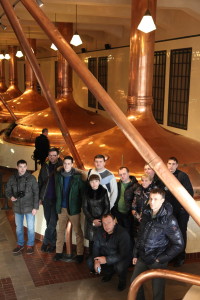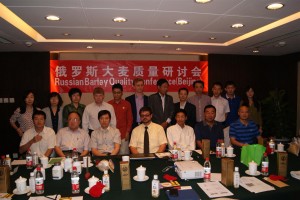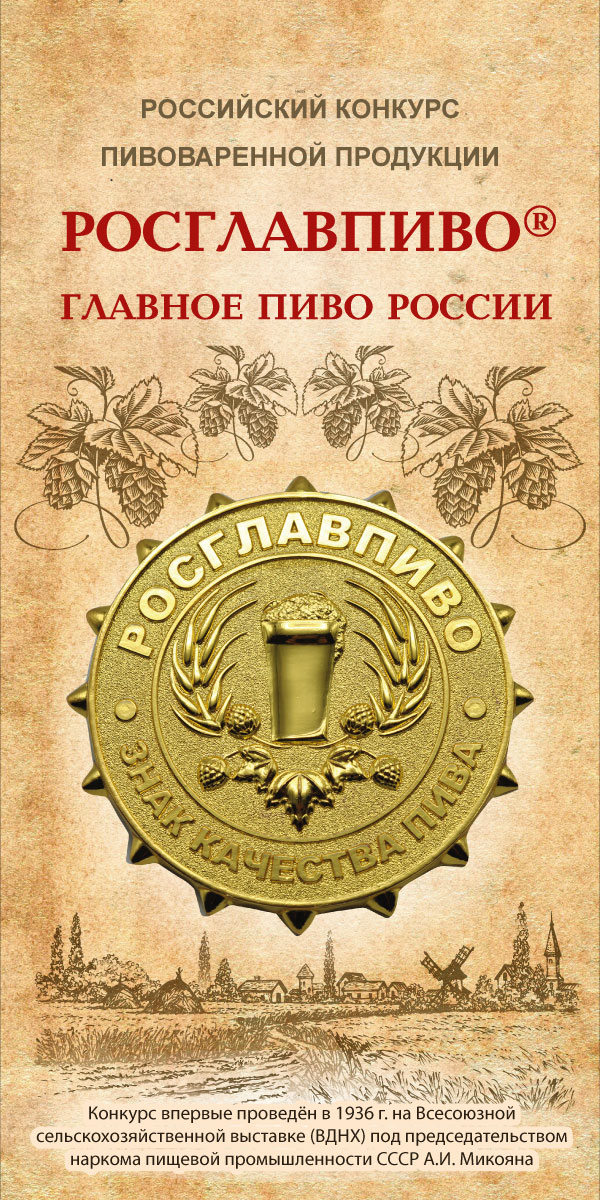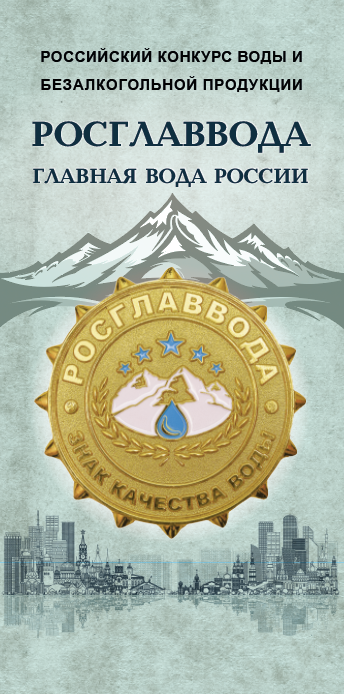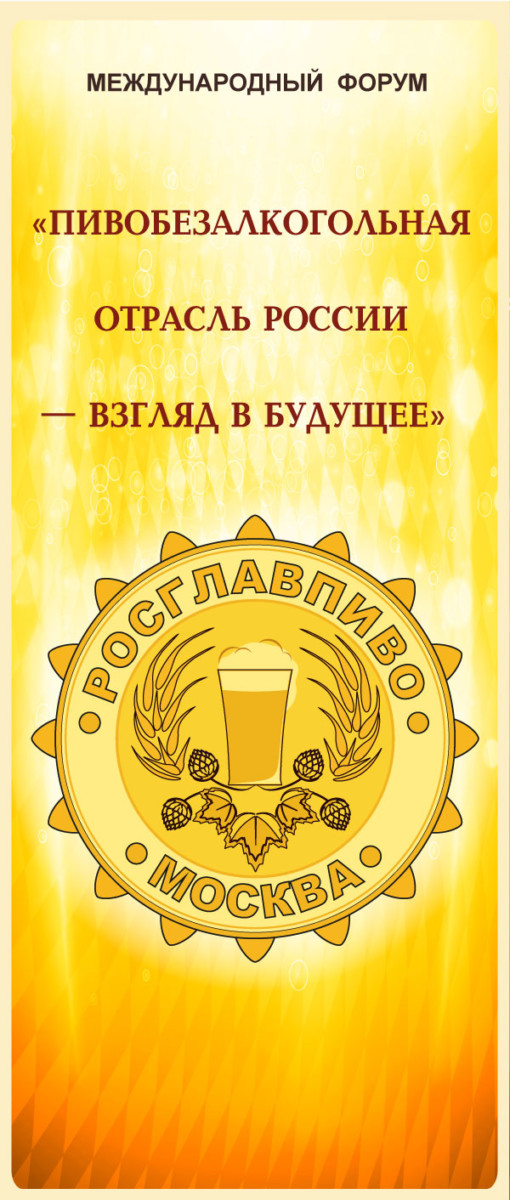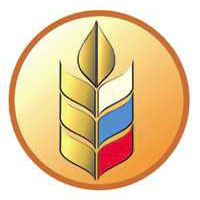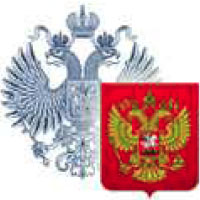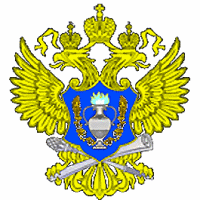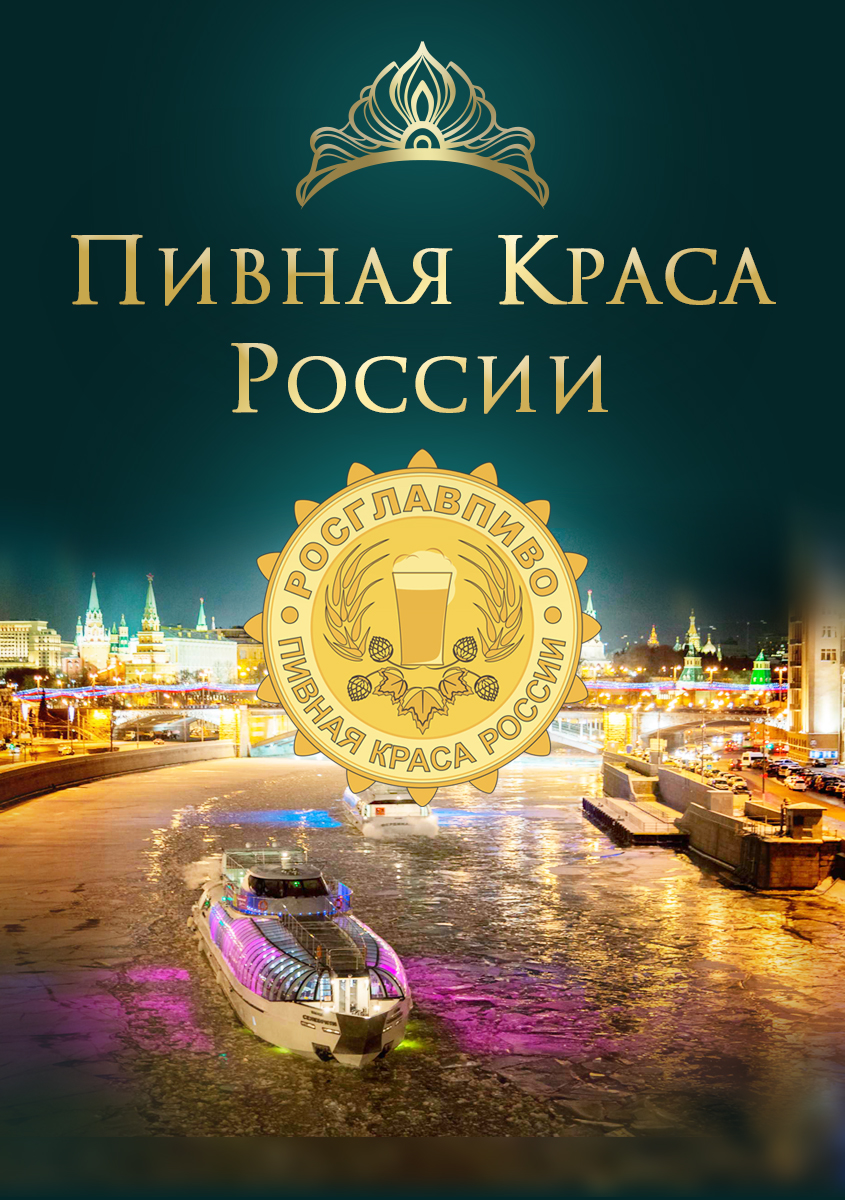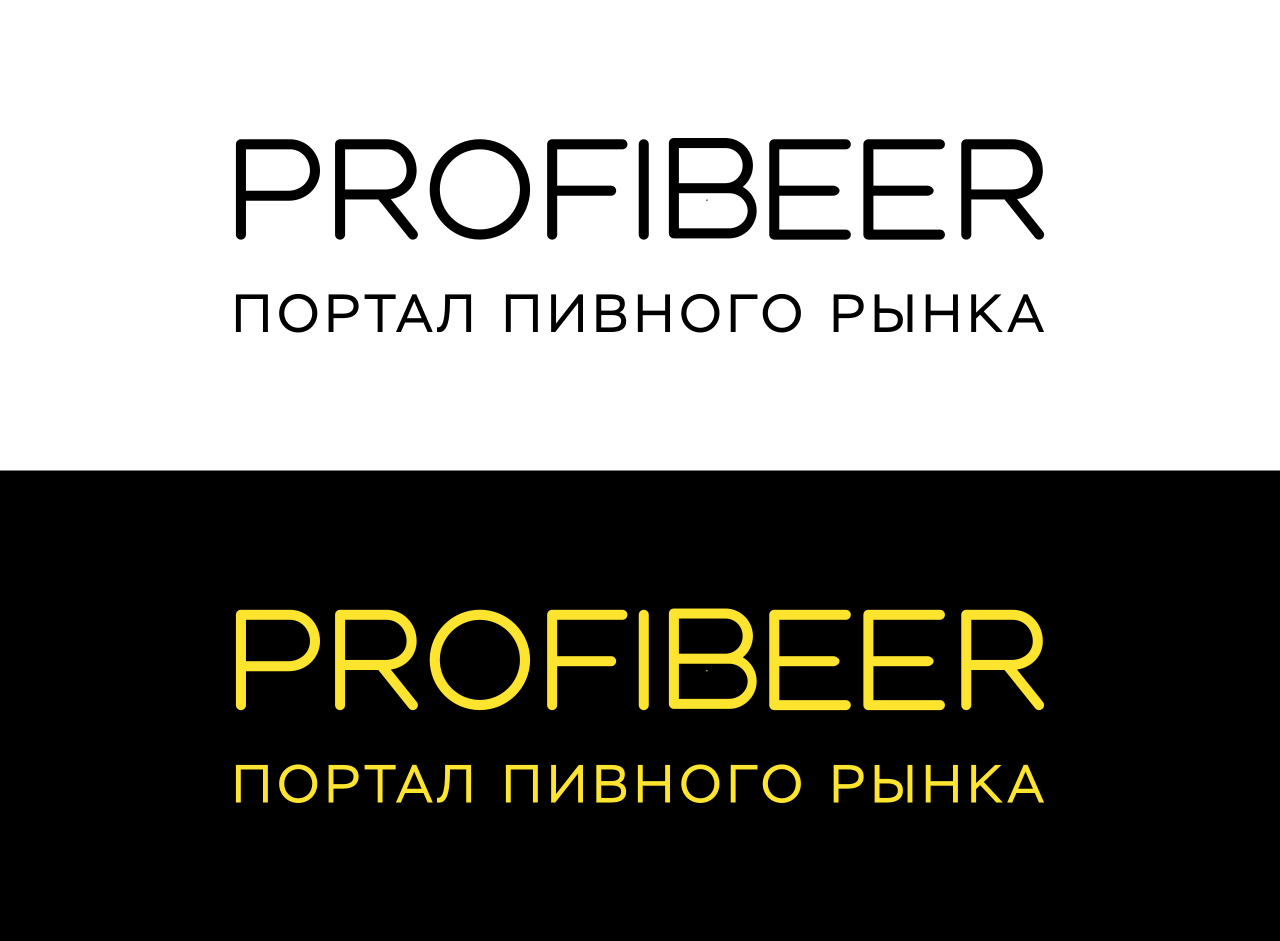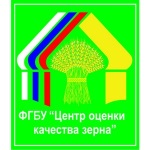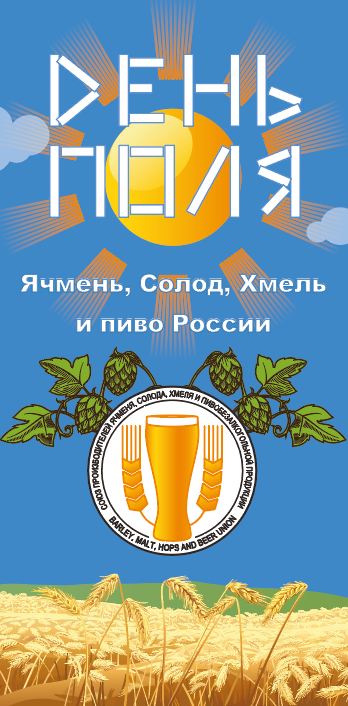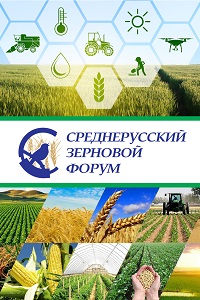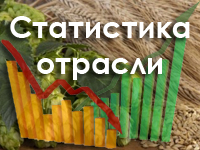It is time to join forces
In July the first BMU (BMBU) foundation meeting was held (v. New Agriculture 4/2010). The NA Editor Iren Zaitseva talked to the member of Scientific Advisory Board attached to RF Duma Committee on Agrarian Issues Alexander Mordovin about the aims of union foundation.
What goals does a newly formed union set? Why is it necessary to join?
First of all, market participants should get an information base that is important to the whole brewing community as well as specific to each market segment, because we observe a certain information gap in Russia. For instance, few people know where and what tenders for malting barley and raw material procurement are run. Who is the variety breeder, what variety will be in demand in the current season? Why does Baltika buy this and doesn’t buy that? What is Russky Solod or InBev agriproject? Why did the Malteurop group enter the Russian market? Do these or other maltsters and brewers pay off in time?
Two years ago we held the first seminar and introduced the market participants to each other, the market was uncoordinated then. Sometimes people knew surnames but they had never seen each other. And two years later many of the first seminar participants do not only communicate and are friends, but also cooperate and join their forces. The Government supports foundation of different unions and social organizations which help to pull together the existing professional organizations and setups, for the State to know the opinion of professional society. Nowadays we have only one (certainly weighty, but still single) opinion in the branch – the opinion of the Union of Russian Brewers. It should not be like that. We are all humans and we can make mistakes – there should be somebody to fix them. At the moment nobody can do it.
What is a special way of Russia in the circumstances concerned?
In Europe there is a strict and balanced system of interaction of all market participants, one way or another concerned with brewing. There is the malting barley union, the union of maltsters, the union of brewers – they communicate with each other actively, very often are co-founders, since they are the links of the same chain. But naturally each of them protects the interests of his branch. In Russia there are three branches: malting barley producers, among them breeders and suppliers of the agricultural enterprises, which have malting barley in crop rotation, with the equipment, plant-protection agents and fertilizers; maltsters and brewers. What is unique about this situation in Russia? Some brewers appear to be all the three links of the chain at the same time. Some malting companies appear to be malting barley producers at the same time. And there are independent companies; they are malting barley producers as well as maltsters and brewers. There is also a social organization that pulls together brewing companies – the Union of Russian Brewers.
Thus Barley and Malt Union (Barley, Malt and Beer Union) is an alternative social organization, open to any interested companies, isn’t it?
Not quite so. We are not hostile, we do not match against the Union of Russian Brewers, and the main point is that we are not on the opposite sides. I suppose, there are a lot of important issues that we can and must resolve. First of all it concerns the Ministry of Finance “experiments” that terrify me as an expert, and legislative initiatives that, in the case of their successful “implementation”, would tear down the market and would lead to the increased strong drinks consumption, that we witness at the moment. Of course, we can have different opinions on a number of issues. There must be an alternative. We are ready to accept the Union of Russian Brewers to our union. And if they offer us to join them, we shall accept their invitation as well. The long-recognized and authoritative international organizations are ready to become our co-founders: Research and Teaching Institute for Brewing in Berlin (VLB) and Malting Barley Union of Germany (Braugerstengemeinschaft e.V.). That guarantees us the European structure, way of thinking and course of action. Our aims are: to be open; to take part in the stabilization programs development as well as in the malting barley, malt and beer production development in Russia; to work out draft laws considering the opinions of all branch members, with final consumers’ ones in the first place; to support the development of integration relations, the search and attraction of prospective investors for the development of branch; to develop the export component. For example, at the moment I work upon the issue of Russian barley delivery to China and I am making a presentation at the Beijing Conference “Beer China 2010” in September.
What have been done over the past two years? What is the result?
According to the preliminary negotiations, a great number of market participants are ready to form a new union. In accordance with our survey, only two out of sixty companies didn’t support our idea. The draft charter of BMU (BMBU) is worked out. The foundation congress will take place in Moscow, October 28. I am confident that the work done and the foundation of a new social organization will contribute to the market stabilization. A normally working market structure should come in sight, namely the production chain of closed cycle: from breeders to malting barley producers, then to maltsters and finally to brewers. It is necessary to involve small and medium brewing businesses. They are interested in the matter, they feel lost. By the way, large-scale enterprises are gradually losing ground, and the small business is growing! That is a normal situation. In Germany there are 1327 brewers, and in Russia we have only 250 with similar total beer consumption. Barley and Malt Union will be definitely founded, and soon we shall find out how many members will join it at the beginning. I am sure that after some time of its existence people will see that things are going up, and we promote trade and export. Then there will be new BMU (BMBU) members, who sit on the fence at the moment.





